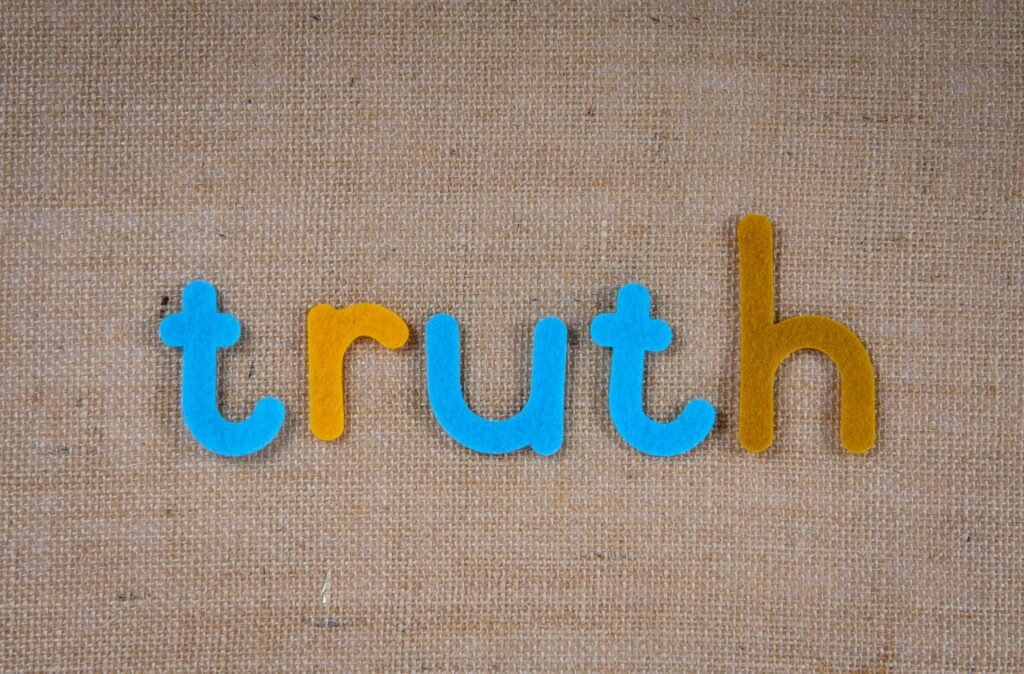The life of African Americans in the United States is miserable on many counts. Some traits are the absence of dependable livelihoods, traumatic experiences of social dislocation (that many have to pass through), and complete reliance on informal approaches to shelter and services. A more significant challenge is the Whites’ perception of the Blacks. Extremist groups are the White supremacists groups. Many believe that people of color include the most criminals that conduct outlaw activities (Clevinger et al., 2018). Therefore, educating people has undoubtedly been instrumental in assisting victims in securing their fundamental constitutional rights.
This appreciation of the plight of the poor had been induced in social activists due to a sharp observational capacity, ability to interact and relate with the hard-up people, and the intention to catalyze change through cooperative action. Social activists and researchers also emphasized the importance of exploring the absolute truth behind apparent situations. Through interviews and other research approaches, the sequence of events that could lead to the unearthing of reality usually hidden under smudgy layers of fiction can be explored. Information gathering around the matter of crucial concern, discussing and interpreting visual details, understanding the symbols representing various phenomena to accommodate details was a usual combination to get effective outcomes. Besides, it can be noted that most people had little background in formal education.
It is a small group of public-spirited citizens, professionals, and social scientists who apply themselves to learn the challenges faced by such people and devise tangible solutions. Several social activists worked and have been working tirelessly to campaign for the rights of the underprivileged and conducted solid and evidence-based studies that unearthed the dark realities, causing social and economic injustices to the deprived millions around. They considered the underprivileged people a worthy part of the society who did not need doles or charity. In the absence of state assistance, such sort of people attempted to change their lives and destiny through self-help. In this stride, these communities needed help in professional and managerial guidance.
It can be said that promoting equity and justice will eventually lead to social change while reducing the rate of prejudice and injustice in different fields of life. It is, therefore, needed to teach people of architecture with the same approach to sensitize them to the forces that shaped the built environment and options where the poor can be professionally helped. It is necessary to make people observe the ground realities of the issues (Kochel and Nouri, 2020). Thus, many such problems were covered by undertaking field observations, surveys, and interviews with the concerned. Conducting personal rapports will be great. Visiting, observing, and listening to the deprived people make to observe first-hand the inhuman conditions in which people lived and are living. It will be helpful to understand the dynamics of development in various contexts.
References
Clevinger, A. M., Kleider-Offutt, H. M., & Tone, E. B. (2018). In the eyes of the law: Associations among fear of negative evaluation, race, and feelings of safety in the presence of police officers. Personality and Individual Differences, 135, 201–206. doi:10.1016/j.paid.2018.06.041
Kochel, T. R., & Nouri, S. (2020). Drivers of perceived safety: do they differ in contexts where violence and police saturation feel “normal”? Journal of Crime and Justice, 1–20. doi:10.1080/0735648x.2020.1835693

